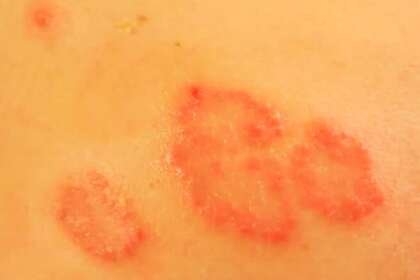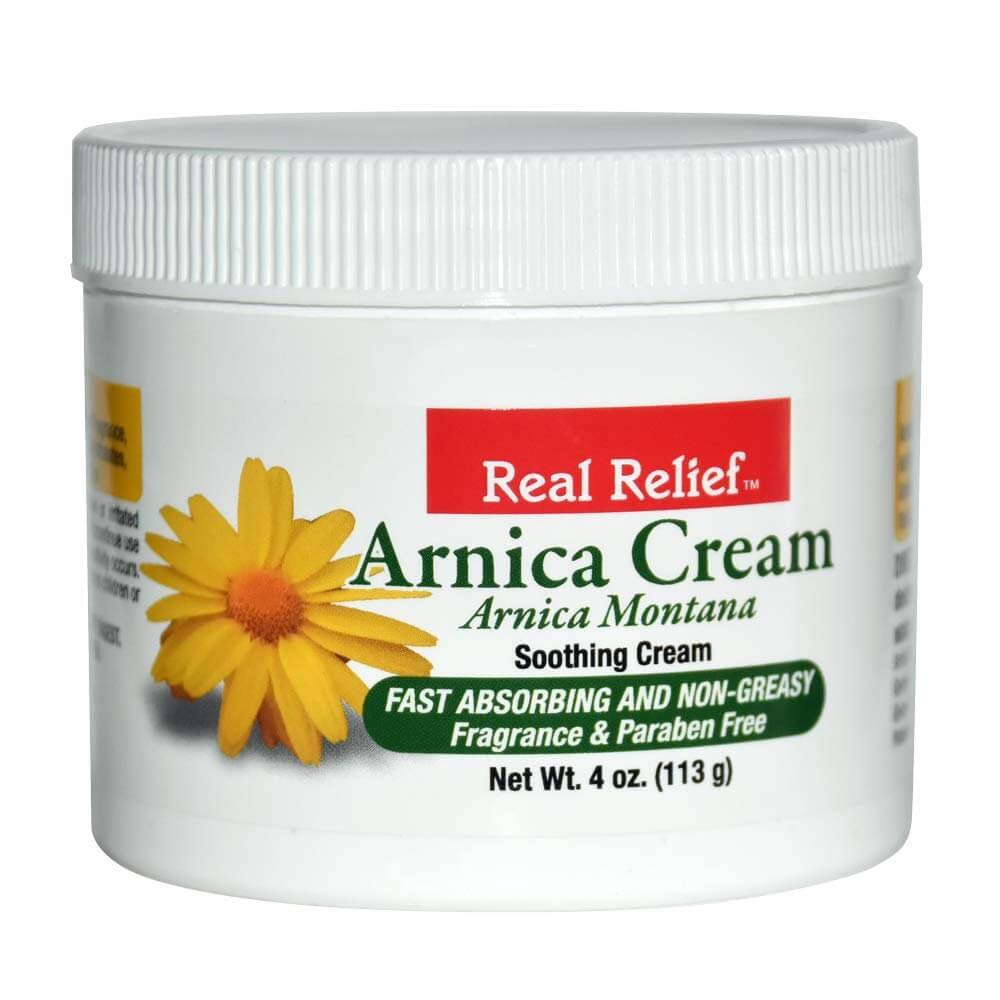When the nasal membranes become inflamed and infected, this condition is known as nasal vestibulitis. Nasal vestibule inflammation can cause pain, redness, swelling, and crusting in that area.
Although bacterial infections are the most common cause of nasal vestibulitis, other causes like trauma, dryness, or irritation can play a role. More susceptible individuals include those with compromised immune systems, a history of habitual nose picking, or regular use of over-the-counter or prescription nasal decongestants.
Importance of Early Diagnosis and Treatment
Because nasal vestibulitis can spread and worsen, early detection and treatment are crucial. The infection can spread to the nose, sinuses, and brain, producing meningitis or other dangerous illnesses. Nasal vestibulitis’ inflammation and pain can make breathing, sleeping, and daily activities difficult.
Antibiotics and other treatments reduce inflammation and repair nasal vestibulitis. If you have nasal vestibulitis symptoms, especially if you have a weaker immune system or recurring infections, visit a doctor immediately. Your doctor can diagnose and prescribe treatment to prevent problems and speed recovery.
Causes and Risk Factors of Nasal Vestibulitis

1. Staphylococcus aureus bacteria
Infection with Staphylococcus aureus, a kind of bacteria that is found naturally on the skin and in the nasal passageways, is a common cause of vestibular inflammation of the nose. Infections can occur when this bacteria is allowed to proliferate out of control or when it enters the body through a break in the skin.
2. Physical injury or trauma
Nasal vestibulitis occurs when the skin of the vestibule and nasal passages becomes irritated and inflamed as a result of trauma, such as nose picking, scratching, or blowing the nose too hard.
3. Irritation from nasal sprays, chemicals, or allergies
Nasal vestibulitis, an inflammation of the nasal lining, can be brought on by exposure to irritants such nasal sprays, chemicals, or allergies. This issue may be more common in people who suffer from allergies or chronic sinusitis.
4. Underlying medical conditions
Nasal vestibulitis is more likely to occur in those who already have certain medical disorders. Cancer and long-term use of corticosteroids are two examples of disorders that suppress the immune system, while autoimmune diseases including lupus and rheumatoid arthritis, diabetes, and HIV/AIDS are also included.
Nasal vestibulitis is also more likely to occur if you smoke, have poor hygiene, or are a resident of a crowded or unclean environment. Nasal vestibulitis is also more likely to occur in those whose jobs expose them to irritants or who experience regular nasal trauma, such as hairstylists and athletes.
Symptoms of Nasal Vestibulitis

The most common symptoms of nasal vestibulitis include:
- The nasal vestibule, the space just inside the nostrils, is the most common site for nasal vestibulitis symptoms like pain, redness, and swelling. There is a risk of skin inflammation, tenderness, and pain in this area.
- Dry, flaking, scabby skin that may bleed as the infection worsens is a common complication of a skin infection. This can cause bruising, pain, and even bleeding.
- Stagnant, yellow or greenish nasal discharge is a common symptom of nasal vestibulitis, as is a rash that may develop from scratching at the itchy nose. And their noses could itch or burn.
- Sometimes the infection spreads to the throat, resulting in a sore throat and a persistent cough.
Nasal vestibulitis can also cause fever, headaches, and breathing problems, however these are less typical symptoms.
The symptoms may be similar to those of other sinus disorders, like allergies or the common cold. You should see a doctor if you have any of these symptoms so that you can get a proper diagnosis and treatment.
Diagnosis of Nasal Vestibulitis
Diagnosing nasal vestibulitis usually requires a few different steps:
- Physical examination: You might expect your doctor to look for redness, swelling, and crusting in the nasal vestibule and the area around it. There’s a chance they’ll inspect you for wounds and infections, too.
- Medical history review: Your doctor may inquire as to the onset and duration of your symptoms, as well as their severity and whether or not they are related to any preexisting diseases.
- Culture and sensitivity tests: A healthcare professional may remove a sample of the crust or discharge from your nasal vestibule and submit it to the lab for culture and sensitivity tests if they suspect a bacterial infection. This can aid in identifying the bacterium responsible for the infection and pinpointing the best drug to treat it.
- Biopsy: Rarely, a biopsy of the inflamed area may be required to confirm the diagnosis of nasal vestibulitis and rule out other possible causes of the illness.
Nasal Vestibulitis: Home Treatment Options

Nasal vestibulitis is a painful and annoying condition, but there are several home remedies that may help ease the discomfort and speed the recovery process. These treatments are not meant to replace medical attention, so if you think you have nasal vestibulitis, see your doctor for a proper diagnosis and treatment.
The following are 5 potential home treatments for nasal vestibulitis:
Nasal saline washes
An anti-inflammatory and healing aid, saline nasal washes assist flush the nasal passages of mucus, debris, and bacteria. A saline nasal spray is available for purchase, or you may make your own by combining 1 teaspoon of salt with 2 cups of warm water.
Gently flush the fluid through each nostril using a neti pot or bulb syringe. Do this thrice daily or as directed by your doctor.
Warm compresses
Warm compresses applied to the affected area have been shown to alleviate inflammation and pain. Warm some water and wring out a clean washcloth. Use the warm compress for 10–15 minutes at a time, multiple times daily.
Essential oils
Tea tree oil and lavender oil are only two examples of essential oils that have antibacterial and anti-inflammatory characteristics that may aid with nasal vestibulitis.
A cotton swab dipped in a combination of a carrier oil (like coconut oil) and essential oil can be used to treat the affected area. You might also try steam inhalation for 5-10 minutes with a few drops of essential oil added to a bowl of hot water.
Steam inhalation
Steam inhalation has been shown to relieve congestion, calm irritated nasal tissues, and has a healing effect. Put some water on to boil, then turn off the stove. To avoid getting water in your face, drape a towel over your head and lean over the pot. Take 5-10 minute steam baths, pausing as necessary.
Over-the-counter pain relievers
Nonsteroidal anti-inflammatory medicines (NSAIDs) like ibuprofen or naproxen can help alleviate discomfort and inflammation caused by nasal vestibulitis.
If you have any preexisting illnesses or are currently taking any other medications, it is very important that you consult with your doctor before starting any new medications.
Medications for Nasal Vestibulitis

If your nasal vestibulitis is caused by a bacterial infection or your symptoms persist despite taking over-the-counter remedies, your doctor may prescribe medication. Nasal vestibulitis is often treated with one of five drugs:
Topical antibiotics
Topical application of antibiotic ointments like mupirocin helps eliminate infection and speed recovery. Treatment of mild to severe cases of nasal vestibulitis with topical antibiotics is generally safe and successful.
Topical steroids
Inflammation and swelling in the nasal vestibule can be alleviated with the use of steroid creams or ointments. Due to the potential for adverse effects, topical steroids are often given only for temporary usage.
Oral antibiotics
Your doctor may advise taking an oral antibiotic if he or she determines that the cause of your nasal vestibulitis is a bacterial infection. Culture and sensitivity tests may be necessary to determine the best antibiotic to treat the infection caused by the specific bacteria involved.
Antihistamines
Antihistamines can help reduce inflammation and alleviate symptoms like itching and sneezing if the cause of your nasal vestibulitis is allergies or irritation from environmental causes like dust or pollen.
Pain relievers
Pain from nasal vestibulitis may be alleviated with over-the-counter medications such acetaminophen or ibuprofen. If you have any preexisting illnesses or are currently taking any other medications, it is very important that you consult with your doctor before starting any new medications.
Prevention of Nasal Vestibulitis
- Clean nasal passageways prevent vestibulitis. wash Harsh soaps and chemicals can dry and irritate your nose.
- Blow your nose carefully. Picking your nose or placing things into your nostrils can cause harm and infection. Avoid nasal sprays or other irritants.
- Water prevents nose dryness and discomfort. Eating well and sleeping well can enhance your immune system and lower your illness risk.
- Never share towels, washcloths, or other personal goods. This reduces bacteria spread and infection risk.
- Treat nasal vestibulitis immediately if you have pain, redness, or swelling. This can prevent infection worsening and consequences.
When You Need to Visit a Doctor
Home remedies are helpful for minor cases of nasal vestibulitis, but if you encounter any of the following, it’s best to visit a doctor:
- Severe pain and inflammation: Extreme discomfort, redness, or swelling in the nasal passages could be a sign of a more serious illness requiring medical attention.
- High fever and chills: The infection may have gone beyond the nasal vestibule if you start experiencing fever, chills, or other symptoms of a systemic infection.
- Worsening symptoms despite home remedies: A more serious infection may exist if your symptoms do not improve with home treatments or if they worsen over time.
- Signs of spreading infection: Red streaks coming from your nose could be an indication of a dangerous infection that needs medical attention right once.
Bestratedhealth.com uses only high-quality sources, including peer-reviewed studies, to support the facts within our articles. For more information on how we ensure that our content is accurate, dependable, and trustworthy, please read about our editorial process.
- Definition of Nasal Vestibulitis:
- American Academy of Otolaryngology-Head and Neck Surgery: https://www.enthealth.org/conditions/nasal-vestibulitis/
- Importance of Early Detection and Treatment:
- International Journal of Research in Medical Sciences: https://www.msjonline.org/index.php/ijrms/article/view/2830
- Causes and Risk Factors of Nasal Vestibulitis:
- MedlinePlus: https://medlineplus.gov/ency/article/000984.htm
- Symptoms of Nasal Vestibulitis:
- Home Remedies for Nasal Vestibulitis:
- Medications for Nasal Vestibulitis:
- MedlinePlus: https://medlineplus.gov/ency/article/000984.htm
- When to Seek Medical Attention:
- MedlinePlus: https://medlineplus.gov/ency/article/000984.htm












